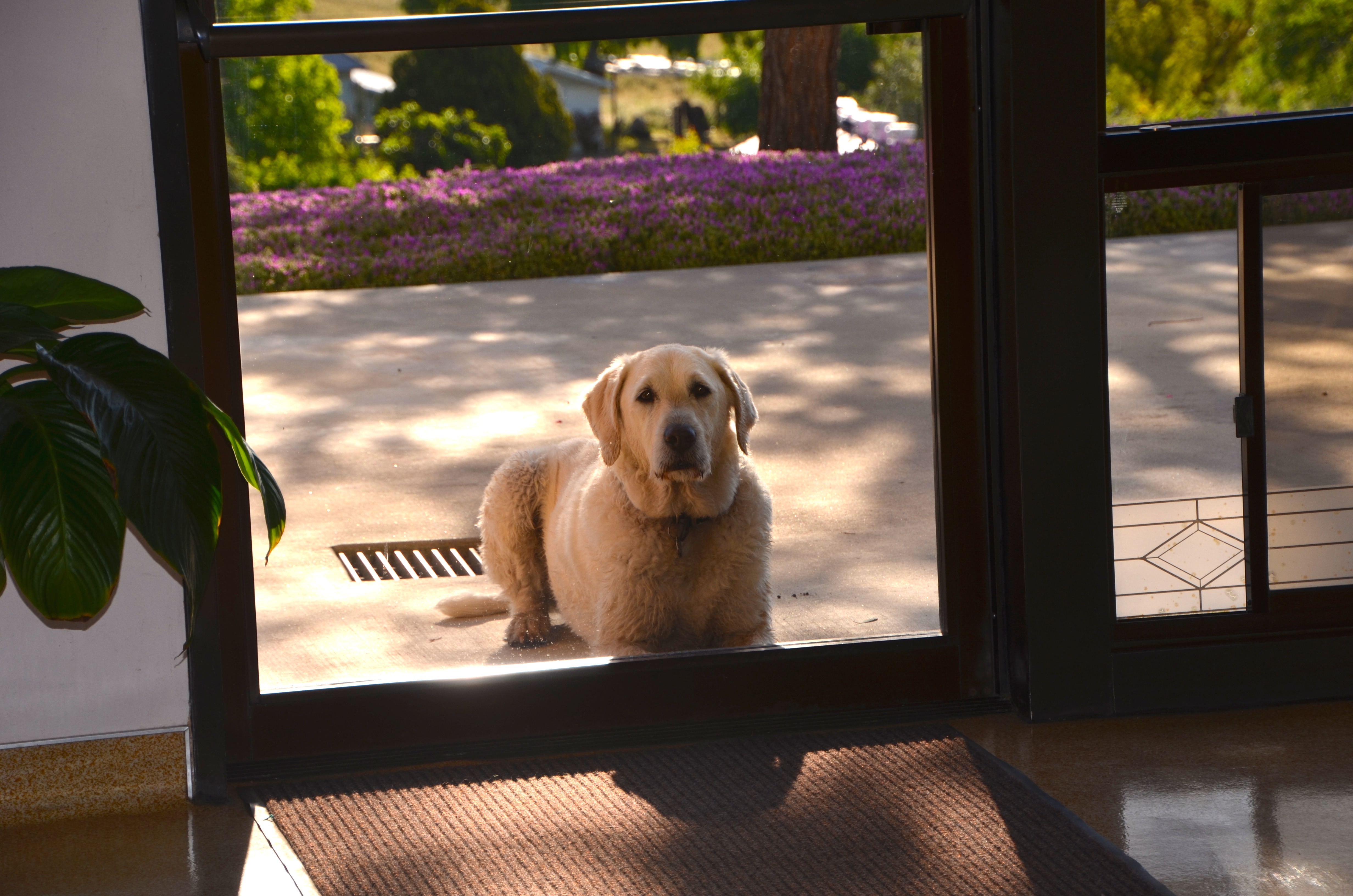Give a man a fish, you feed him for a day.Teach a man to fish, you feed him for a lifetime.
Do you ever wonder how to help humanity in genuinely lasting and effective ways? How do you try to help the hungry, homeless, depressed, those struggling with problems or otherwise in need who seem deserving of your caring and support?
Through donations, many kind and generous people make a positive difference. But giving to even a fraction of the good causes around the world would leave most of us broke and needing help ourselves. And giving money is like giving a man the proverbial fish. It may help as long as the money holds out, but then he’s back where he was.
Then there are those unintended consequences. If we give a homeless person a few dollars, we don’t really know if this will feed his family, as his sign says, or buy him drugs or alcohol, leaving him weaker and even less able to fend for himself.
Habitat for Humanity and other programs approach the problem more directly, raising homes and prospects for many. Commendable and very satisfying, but not yet teaching a man to fish, or solving his difficulties. How will the recipient furnish this new home and maintain it?
Even personal help is complicated. We think we know just what will help a troubled friend, so we offer advice. But without knowing why he hit this particular snag, or the full nature of the trouble, our advice could easily make a bad situation worse.

We could just listen. This may have more chance of helping than any idea so far, because when he can talk out a problem with a trusted friend or even a sympathetic stranger, often he begins to see how he could tackle it. If this gives him a fresh start he pursues with new enthusiasm, we may really have made a difference.
But even this falls short of teaching him to fish. Because even if he succeeds, where will he turn for support when the next trouble comes along? How can we help people learn to take control of their lives, manage their challenges in ways most beneficial for them and others? In the Teachings of the Masters, we discover many little-known factors that determine how truly effective our efforts to help can be.
The Lemurian manual for superlative living explains universal law and how it applies to all of us. It shows how to use these laws to enhance our circumstances, create our desires, overcome personal weaknesses, and become stronger, better people. As we do this we make ourselves part of the better world so urgently needed now.
Thousands of people taking the Lemurian training have improved their marriages, work and family ties and friendships; tracked down better jobs; worked out of debt; overcome hindering challenges; become happier by learning how to help humanity and serve God. They’re finding a feeling of purpose, of calm and of peace.
So we think the best way to help anyone with just about any need, want, or trouble, is to introduce him to the Lemurian Philosophy. And then cheer him on!

